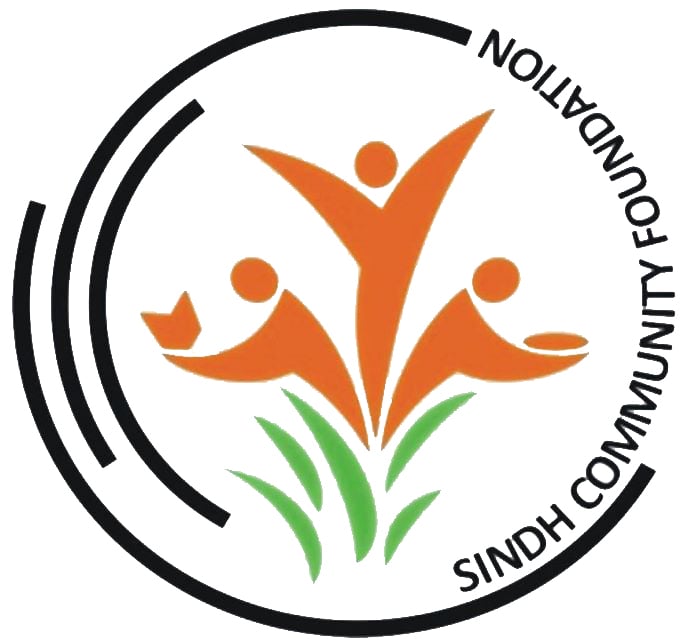- About AVPN
-
-
-
About AVPN
Who We Are
We are a leading ecosystem builder that is increasing the flow of financial, human, and intellectual capital from Asia and around the world into the social sector in Asia. We provide a network of peers, rigorous learning programmes, and innovative capital mobilization opportunities that make sure resources are more effectively deployed.
-
-
-
- Members
-
-
-
Membership Benefits
Unrestricted access to AVPN research reports and case studies
Access market-specific snapshots and opportunities
Increased visibility for events, programs and insights via AVPN website, blog, newsletters and social media channels
Leverage the AVPN platform to bring under-represented social issues top of mind for more than 600 social investors
-
-
-
- Resources
-
-
-
Resources
Highlights of the week
Trust-Based Philanthropy
In the face of increasingly complex and, sometimes rapidly, changing needs on the ground, it is crucial to take a step back and reconsider the status quo.
APAC Sustainability Seed Fund 2.0
By leveraging the success of the first round of the APAC Sustainability Seed Fund, AVPN continues to mobilise continuum of capital into supporting climate solutions in the region.
Faith and Giving
Faith, and the values, belief systems, moral codes, and religious doctrines, that underlie it, shape much of philanthropy across the world. From addressing needs in underserved communities to investing in sustainable energy solutions, faith-aligned givers are demonstrating that compassion can be a catalyst for a more just and equitable world. However, the fundamental drivers of faith-aligned giving often remain unexamined.
-
-
-
- Markets
-
-
-
Markets
We are a leading ecosystem builder that is increasing the flow of financial, human, and intellectual capital from Asia and around the world into the social sector in Asia. We provide a network of peers, rigorous learning programmes, and innovative capital mobilization opportunities that make sure resources are more effectively deployed.
Explore Markets
-
-
-
- Impact Communities
-
-
-
Impact Communities
-
-
-
- Capital Mobilisation
-
-
-
Capital Mobilisation
Featured Deals
Socio-Economic Empowerment of Women
Climate Action and Environment, Education, Financial Inclusion, Gender, Livelihood and Poverty Alleviation
Solve Education: Education through Innovative Learning Platform
Education, Employability, Livelihood and Poverty Alleviation
Lotus Petal Sr. Sec School, Gurugram
Education, Employability, Health
IT Training Against Poverty in Cebu
Education, Employability, Livelihood and Poverty Alleviation
IT Vocational Training Against Poverty
Education, Employability, Livelihood and Poverty Alleviation
Gigatonne: Addressing Problems within the Carbon Credits Market
Climate Action and Environment, Financial Inclusion, Gender, Livelihood and Poverty Alleviation
-
-
-
- Events
-
-
-
Events
Upcoming Events
Restoring Equilibrium: SVCA 2024 Annual Conference – Seeking Balance in A Turbulent World
16 May 2024
-
-
-
Socio-Economic Empowerment of Women
More than a half million women cotton workers in Sindh are involved in cotton picking. The rising temperature of 49 centigrade has impacted badly on their health, labor productivity and livelihoods
By

Sindh Community Foundation
Click here to learn more about the Impact Organisation
This is member exclusive
content. Click here to unlock
Social causes
Beneficiaries
SDGs covered
Market of Implementation
- Pakistan
Problem
Pakistan is the fourth largest producer of cotton in the world where approximately more than a half million in Sindh and 50000 Women Cotton Pickers-WCPs are involved in Matiari district. They work in the cotton fields to harvest the raw material for T&C production.
The T&C industry falls on women’s shoulders, but they remain poor and exploited; their health suffers from a hazardous working environment that involves excessive use of poisonous pesticides. The rising temperature of 49 centigrade has impacted badly on their health, labor productivity, and livelihoods.
Occupational health safety is poor for these workers. The recent floods affected the 12 million population in Sindh (0.2 million population and 140,833 standing cotton crops damaged in Matiari district). They have lesser adaptation skills and climate literacy to deal with to deal with the climate crisis. The climate change badly impacting their lives, health &livelihood due to both rising temperature and floods.
It is clear that there is a pressing need to empower socio-economically the women cotton pickers in Matiari district in Pakistan and Sindh Community Foundation has the solution for this.
Solution
Sindh's project targets 3600 beneficiaries’ women cotton workers in 30 villages who work in extreme heat and have been struggling to cope with the impact of the climate crisis on their health and rights. These women workers engage in cotton picking which is seasonal labor work and they gain very low wages, poor occupational health safety, and working conditions.
The women cotton workers will be organized in trade unions and will get labor rights awareness for decent work, occupational health and safety, and climate literacy will be provided to the 3600 women cotton workers. 700 poor of poorest women cotton workers will get offseason poverty reduction support including income generation training and seed grants. 1050 women cotton workers will be provided with literacy skills through literacy centers in 30 villages. Leadership training for women leaders of union will be conducted to advocate for climate justice and eco-friendly shades for women cotton workers.
For more information on our solution, do refer to our Slide Deck.















